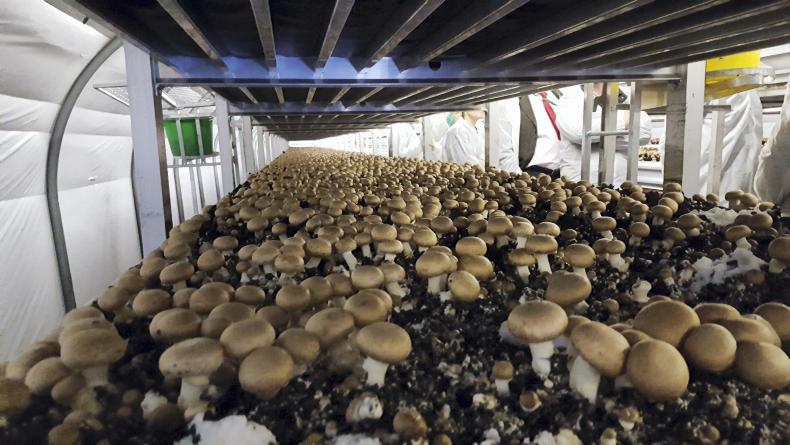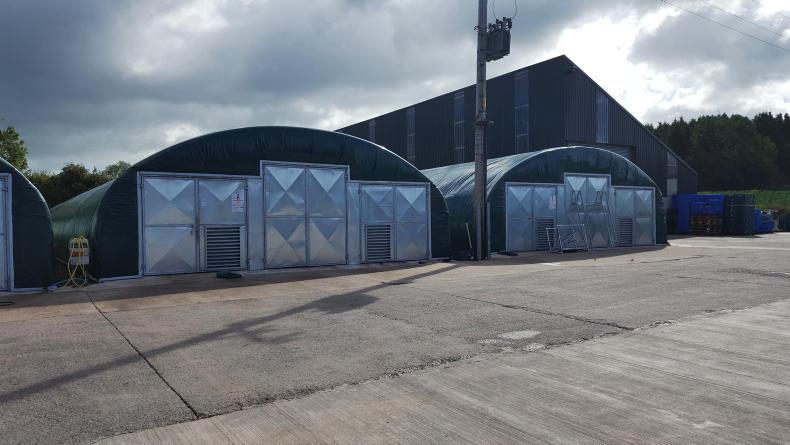The drop in the value of sterling against the euro following last year’s Brexit vote allowed the mushroom sector in NI to secure contracts with retailers in the UK market.
Speaking to members of the NI Institute of Agricultural Science (NIIAS) last week, Emmet Hughes from Dungannon-based Hughes Mushrooms said margins would have come under pressure if sterling had continued to strengthen last year.
“Exchange rate movements after the Brexit vote were good for us. It helped us to keep contracts with UK retailers as we became more competitive against companies based in the Republic of Ireland,” he said.
Devaluation of sterling last year affected growers in the Republic of Ireland, with the Irish Farmers’ Association estimating that €7m worth of exports were lost in the three months following last June’s Brexit vote.
However, Brexit has still brought some uncertainty for the NI mushroom sector, particularly the supply of labour and the movement of goods over the Irish border.
Labour
Foreign nationals make up most of the workforce in Hughes Mushrooms’ pack house and on the farms of its 17 growers. Around 40% of costs on mushroom units is labour.
Local grower Frank Donnelly told NIIAS members that most of the 40 staff on his farm are eastern European. “I have already seen some workers leave and go back home because exchange rates are no longer favourable for sending money back, and the economy is improving there too,” he said.
Border
Around 40% of Hughes’ mushroom supply comes from growers based in the Republic of Ireland, so any disruption to trade over the border would add a significant cost to the low margin, high turnover business. For some growers, Brexit could also affect the supply of mushroom compost, with many importing this from Belgium at present.
Growth
Hughes Mushrooms has ambitious plans to grow turnover from £4m to £12m over the next year by introducing a range of product lines in UK supermarkets and opening a mushroom growing and packing facility in Britain.
The company supplies supermarkets such as Sainburys, the Co-operative, Tesco and Aldi. A key focus is to develop new value-added products. “There is no such thing as a retailer passing us a brief for a new line. We have to go to a retailer and state that this is what people want. We have to develop products for them,” Emmet Hughes said.






 This is a subscriber-only article
This is a subscriber-only article











SHARING OPTIONS: